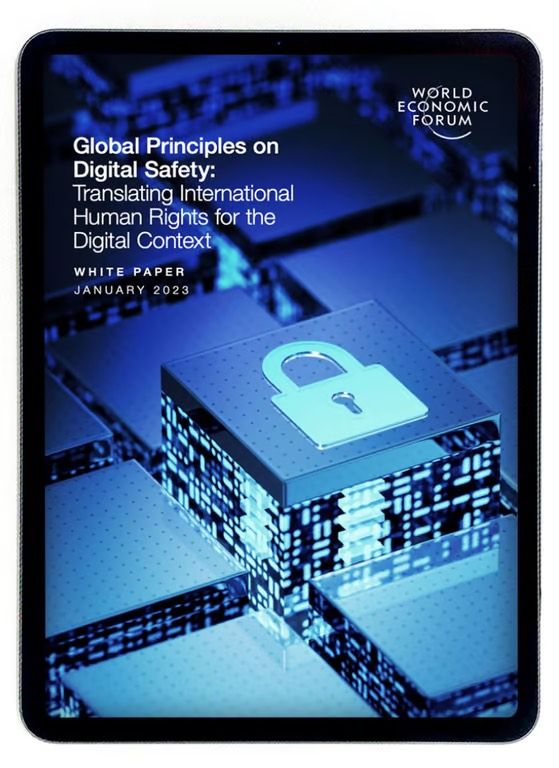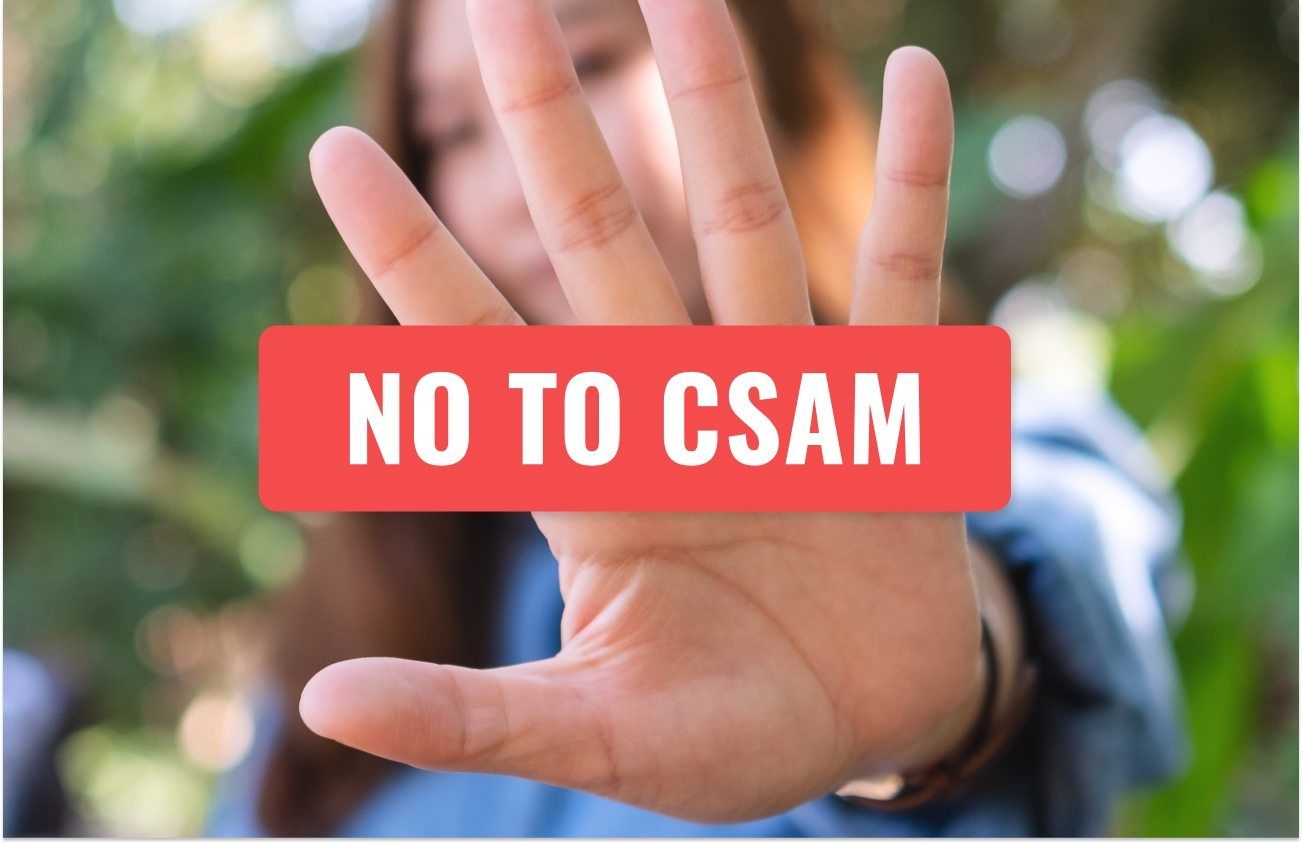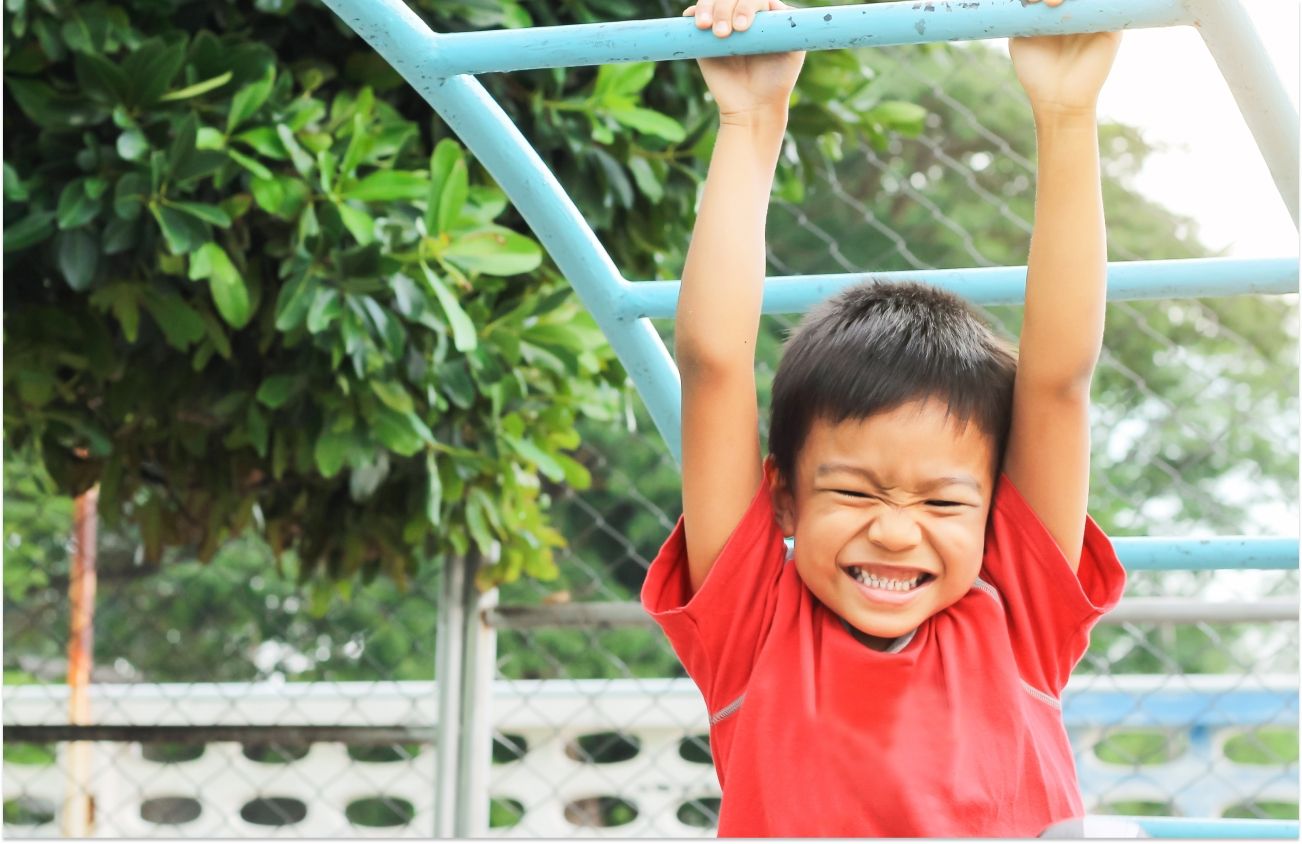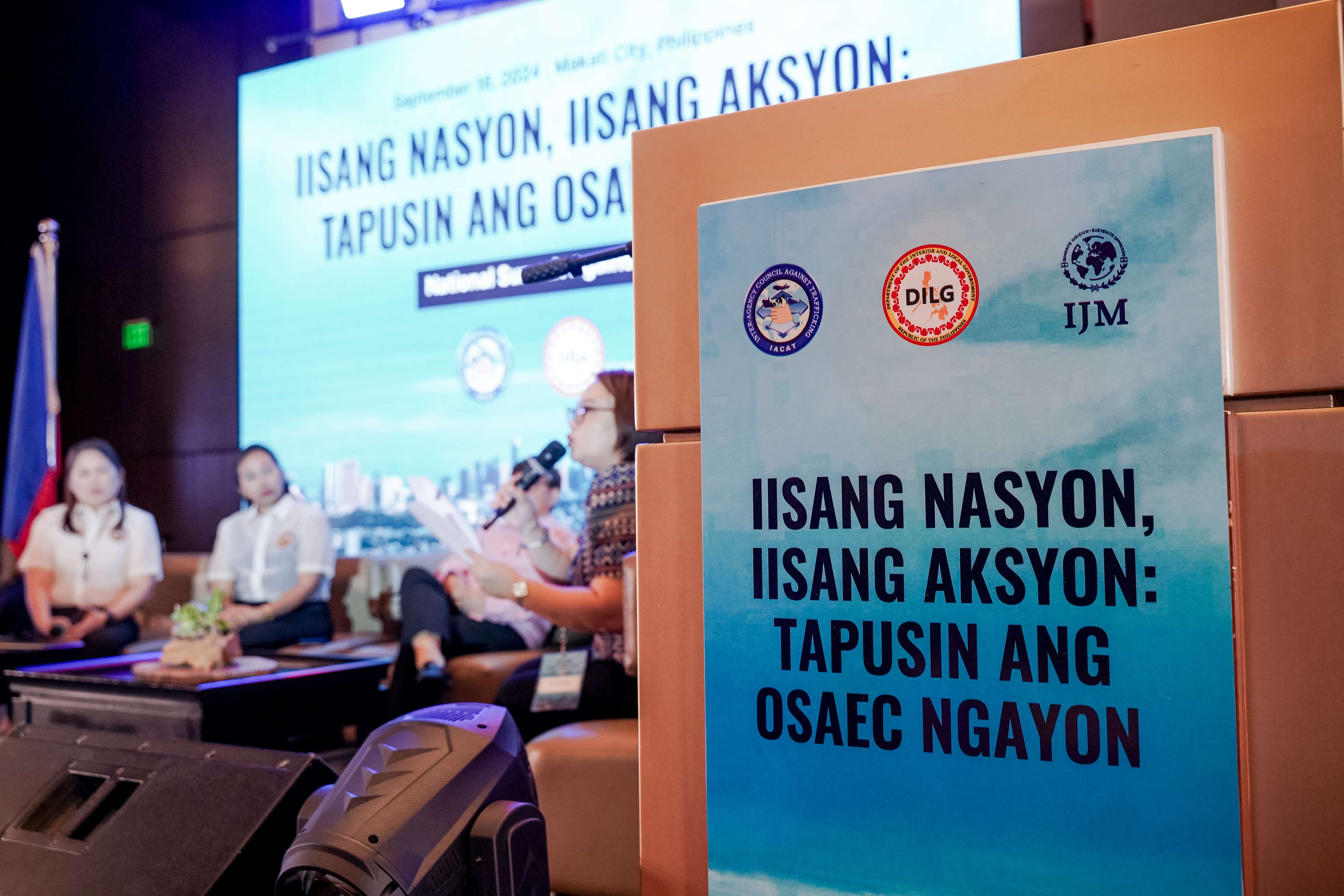
In January 2023, the World Economic Forum (WEF) released its Global Principles on Digital Safety, a white paper that answers the question: “How should human rights translate in the digital world?”
Global Principles on Digital Safety
“Safety challenges related to harmful content and conduct can be amplified and complicated in the digital world, where long-standing problems, including child sexual exploitation and abuse...pose a growing challenge,” WEF says.
“Improving online safety is a whole-of-society challenge and real change requires strong multistakeholder collaboration at a high-level.” The paper was developed by the WEF’s Global Coalition for Digital Safety, a group that “engages global leaders to advance user safety online.” The group includes representatives from WeProtect Global Alliance, Microsoft, Meta, Amazon, Google, UN Office of the High Commissioner for Human Rights, and International Justice Mission through John Tanagho, our Executive Director for IJM’s Center to End Online Sexual Exploitation.
“Improving online safety is a whole-of-society challenge and real change requires strong multistakeholder collaboration at a high-level.”
John provided written expert consultation to the draft Global Principles for Digital Safety and, following his recommendation, the Coalition requested Filipino survivor leader consultation on the Global Principles.
“The expertise and input of survivors of child sexual abuse online form a critical part of the solution,” says John. “Listening to survivor experiences and voices helps us evaluate our own approaches and ensure that multiple dimensions of the problem and solution are explored.”
Survivor leaders known by their pseudonyms Liberty, Ruby, and Joy, drew from personal experience and provided recommendations to strengthen the guidelines for digital safety.
Their recommendations include:
Flag or eliminate sensitive materials (CSEM, harmful speech) Review sexual content and prevent children from accessing them Ensure users’ privacy rights will not be compromised Verify accounts and identity, as perpetrators typically use different account names Ensure the safety of both survivors and at-risk children Make reporting mechanisms accessible so children can easily report harassment Add guidelines for the automatic detection of abusive/violent language Ensure that the language used is gender-sensitive Balance freedom of expression and digital safety
“It is extremely satisfying for me to see Filipino survivors of online sexual exploitation courageously speaking up and taking a stand as a strong force against this crime,” John Tanagho says. “For governments, NGOs, and tech companies to truly protect children from online harms, we have to listen to those with lived experience of those harms; both their courage and insights have much to teach us.”
Urgent action is needed
“More than 5 billion people use the internet worldwide,” the January 2023 paper reports. And with today’s digital safety challenges, “[u]rgent action is needed to minimize the potential harm to all people, with an emphasis on society’s most vulnerable groups, including children.”
Urgent action is needed to minimize the potential harm to all people, with an emphasis on society’s most vulnerable groups, including children.
The white paper outlines principles for governments, including embracing human rights-based approaches to digital safety by:
Supporting appropriate and effective legal processes that enable the investigation of, and a justice system response to, illegal content or conduct online” and “Supporting victims and survivors of abuse or harm, including facilitating access to justice and resources tailored to the needs of vulnerable groups...and ensure their perspectives and needs inform policy-making.”
Guidance for online service providers includes [i]nvesting in and embedding a multidisciplinary approach to safety by design throughout the business life cycle of products and services,…”
The white paper encourages supporters of the principles to:
Raise awareness of these principles across the online ecosystem, including through active promotion, targeted outreach and the encouragement of multistakeholder adoption. Share best practices in developing inclusive processes to facilitate multistakeholder input, including on designing processes to seek perspectives from children and victims or survivors of online abuse.
Sources:
https://www3.weforum.org/docs/WEF_Global_Charter_of_Principles_for_Digital_Safety_2023.pdf
https://www.weforum.org/agenda/2023/01/davos23-global-principles-digital-safety-content/












